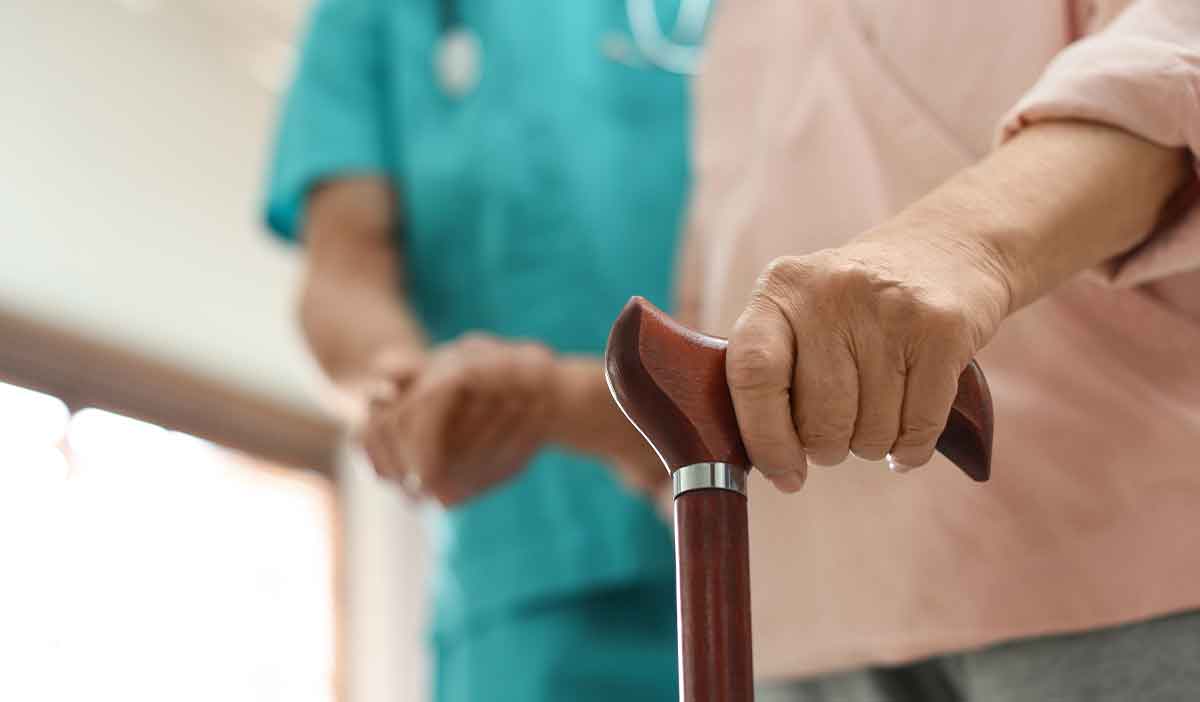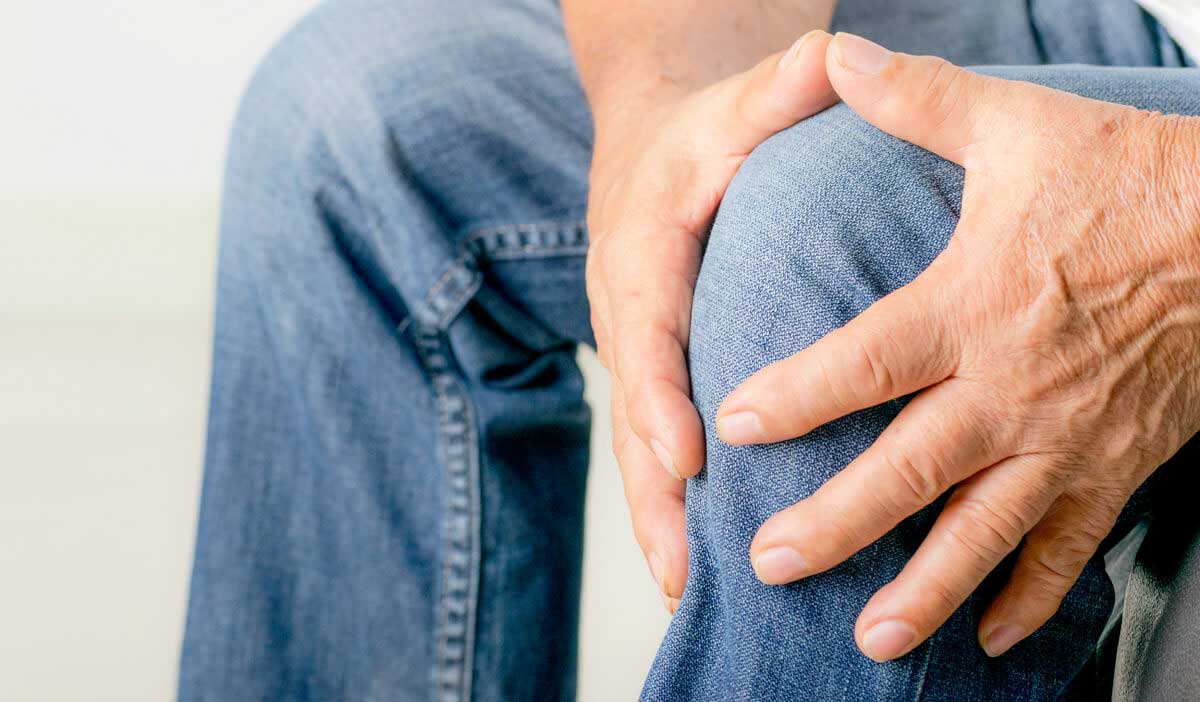This article is part of the Essential Guide to Hip Pain Relief.
Patients who experience injury, arthritis, or other hip conditions often undergo hip replacement surgery when other treatment options have been unsuccessful. During your recovery period and beyond, it’s important to know what activities are safe after a hip replacement surgery and which activities to avoid.

Preparing for hip replacement surgery
As you approach your surgery date, it’s important that you prepare for surgery as much as possible to help with recovery after the procedure. Consider these these tips when preparing for hip replacement surgery:
- Lose excess weight. If you’re overweight, it is recommended that you lose a few pounds before hip replacement surgery. The loss of excess weight can help reduce the chances of post-operative complications.
- Quit smoking. If you are a smoker, it’s important that you don’t smoke in the days leading up to your surgery, and is recommended that you quit smoking all together. Nicotine affects blood flow and can slow down your recovery and put you at risk for complications.
- Stretch and strengthen muscles. Your surgeon may arrange for you to complete physical therapy prior to your surgery date. This is to help you build muscle and strength so that your recovery process is a little easier. If you do not have scheduled physical therapy, try some simple stretching and strengthening exercises (but do not push through pain).
- Prepare your home for recovery. If your bedroom is located on a different floor than where you will spend your time recovering, consider taking the steps to make a temporary bed on the same floor. Going up and down stairs is not recommended right after surgery, and should only be done after a doctor’s approval. The better prepared your home is, the easier your recovery plans will be.
After your surgery
Hospital stays after a hip replacement can last anywhere from one to four days, depending on your recovery. Before you are discharged from the hospital, you will need to accomplish goals including:
- Getting in and out of bed
- Pain management
- Walking with an assistive device (cane, walker, crutches)
- Performing prescribed exercises
- Understanding the activities you should avoid during recovery
Things not to do after your hip replacement
As you recover, it’s important that you don’t do the following activities:
- Cross your legs at the knees
- Bring your knee higher than your hip
- Lean forward while sitting down
- Pick up something off the floor while sitting
- Bend at the waist beyond 90 degrees
Your doctor will let you know when these activities are safe for you to do.
What to do after a hip replacement
- Keep the leg facing forward
- Keep your leg in front of you as you sit and stand
- Use a high stool or chair
- Use ice to reduce pain and swelling
- Apply heat before exercising to assist in your range of motion
- Cut back on any exercises that cause an excess of pain (talk to your doctor about how to adjust your recovery exercises)
Considering a hip replacement
If you are experiencing pain in your hip from arthritis, injury, or trauma, it may be time for you to look into your recovery options. It’s important that you never delay your care in fear that surgery is your only option. At Logansport Memorial Hospital, our team of orthopedic surgeons work with you to explore all treatment avenues before recommending any surgery at all — especially a total joint replacement.
If you would like to explore your treatment options, or talk to our surgeons about having a hip replacement, call our orthopedics office at (574) 722-2663 and visit our website for additional orthopedic resources.
You might also like:
- Joint replacement beyond hips and knees: what you need to know
- Which exercises keep your joints healthy?
- Anterior approach hip replacement: what to expect




